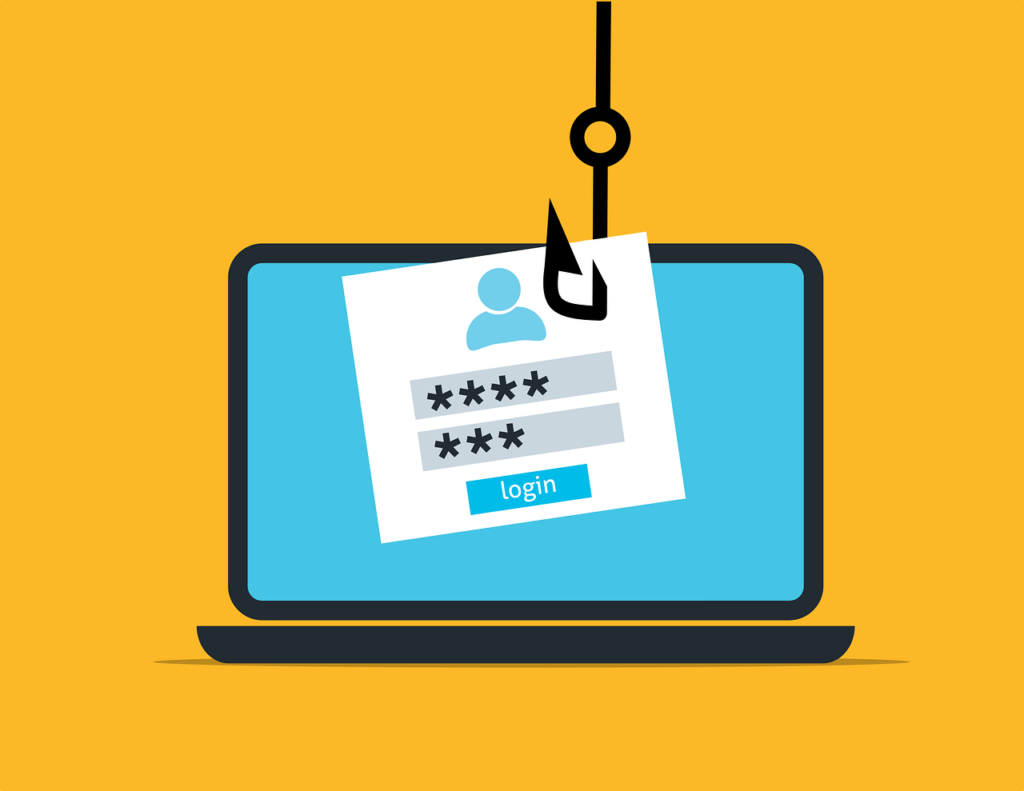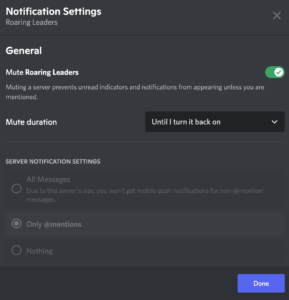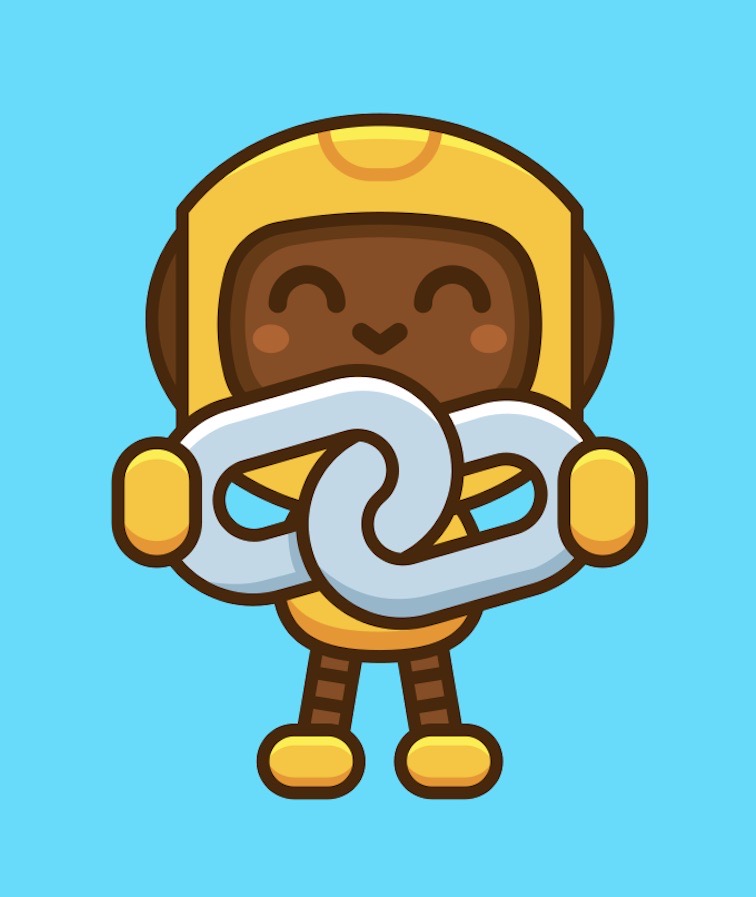Below you’ll find all the little tips and tidbits I’ve picked up on NFTs thus far.
*Keep a list of your wallet addresses on a note on your phone or computer for easy copy and pasting.
*Always store your “seed” phrases or wallet recovery phrases safely written down somewhere like a safety deposit box or in home lock box.
*Most recovery phrases are given to you in a specific order. Keep them in this order, either numerically or simply listed in the order given. When asked to punch in your recovery phrase it will need to be in the exact same order that it was given in most cases.
*NEVER share your recovery phrases with anyone online. The only time you will ever be asked for them is in the wallet application you are using if you have somehow been locked out. (I was the victim of a phishing scam and I can promise you, no one will ever ask you for your recovery phrases and have good intentions. Keep them hidden away from everyone.)

*Join the Discords of the projects you are, or want to be, involved with. While you can find lots of helpful information on a project’s website, you will most likely be better kept up to date on what’s happening on their Discord. If an NFT project hasn’t launched yet, you can usually get whitelisted on their Discord to be one of the first to buy their NFTs or get one for a discount on their mint day. Lots of projects also do giveaways or host poker tournaments for prizes or give out whitelist spots for other upcoming projects. Another helpful tidbit to keep in mind is an NFT project is only as good as it’s community, so it’s worth your time to join and poke around, see what’s happening before you invest, DYOR, as they say.
*More to that point (of doing your own research), I would suggest you learn as much as you can about this new world we’re building online. Read websites like this one, news articles, and Reddit, listen to podcasts, watch YouTube videos, pay attention to NFT influencers, and keep your eyes on Twitter and Instagram for anything you can find on NFTs, Crypto, DeFi, Blockchain technology, web3, and more. A great place to start is on our Noob2NFTs NFT Links page!
*While I understand this is not an option for everyone, I would suggest having a laptop. Even though most of the online world is compatible with both computers and our smartphones nowadays, the world of NFTs and DeFi is still emerging and slowly integrating phone websites and apps, so not everything you can do online works on your phone, at least not yet of course. So, a computer can be helpful. For example, at the time of this writing, Phantom wallets are only available on Google Chrome as an extension and is just now releasing beta app versions for iPhones and Androids.
*Lots of Projects and cryptocurrencies offer staking incentives for owners of their NFTs and tokens. Think of this like interest building on a checking or savings account. So, be sure to stake your investments whenever possible to not miss out on valuable passive income opportunities!

*Most DMs in the NFT world are unfortunately a scam. Even if something looks legit, be sure to double check with whomever you can before sharing private information. Lots of phishing scams happen through DMs where they are looking to clear out your wallet of either NFTs or Crypto or both. Your best bet is to never click on any link that doesn’t come from an official post either from a project’s Discord or their website. (Again, trust me on this, it happened to me!)
*So, be sure to turn off notifications on your Discords and be wary of any DMs from unknown sources. You can easily do this on each Discord group you are in by clicking the mute notifications “until you turn them back on” tab. This will also save you the headache of having to ignore or swipe through every ping you might receive for a project as well.

*Note that sharing your wallet address is not often harmful at all. If, say, someone on Twitter is feeling generous and wants to “drop some lucky winner some ETH” and asks you to post your wallet address below, you can feel safe doing this as they can only send something to you, not take from your wallet. But that concept leads to my next tip or suggestion…
*It is wise to have a second wallet address, or “burner wallet” for minting and to avoid scams. Let’s say you are unsure of some transaction or the project you are minting looks cool, but you want to protect yourself. The best way you can do this is to store only the crypto necessary to mint the project. (For example, the project is minting at .88 SOL and you want to mint 3. Best practice would be to have at least 2.7 SOL in your burner wallet to cover the cost and minimal fees. Since .88 x 3 = 2.64 and a little extra is 2.7) Once you have connected your wallet to a project’s minting site they will have access to not only deposit whatever they like but also have the ability to take as well. So, it’s best to have only what you were initially willing to spend on the mint(s) in your burner wallet so that if it is actually a scam you lose the minimum.
* An additional layer of security when talking about wallets is an external wallet or Hardware wallet. Very similar in concept to an external hard drive and USB drives, these little devices act as a wallet for your crypto and NFTs that you plug into your computer and move your assets to offline. The beautiful thing about them is that so long as they aren’t connected to anything the assets cannot ever be stolen from them. The downside is that if you do not have the physical device with you you cannot access those assets (in most cases). The two most popular companies to release these are Ledger and Trezor.
*Another thing to be wary of is what is known as a “Rug Pull.” As defined in the Glossary of NFT Terms, a rug pull is when a project’s (or a coin’s) devs abandon it and take all the money that has already been invested into it. (This is why it’s so important to research an NFT’s project before purchasing anything.) With 100s of new projects launching everyday it’s tough to know who to trust, but there are things to look out for. One of the best ways to protect yourself is to research who the devs of the project are. If they have successfully launched other projects before and have a good reputation this is typically a great indicator that they will continue to do so. The opposite can also be said where if a project hasn’t doxxed themselves before mint, it’s valid to be skeptical and continue to look further into the project before committing to your investment with them. (But, I’ll also add that no revealing who the developers are is not always a bad thing. Bored Ape Yacht Club’s devs didn’t get doxxed for almost a year and that has turned out to be one of the most popular NFT collections to date.)
*Once you’ve gathered enough people around you who are also stoked on the NFT space, start a group chat or a Telegram group messenger to bounce ideas off each other and help keep each other informed on whats happening.
*Keep a task list of NFT goals you would like to accomplish or maintain a calendar. This helps you keep track of all the things you want done in the NFT space, as there are a million different things happening at once. You might be wanting to mint on one day, but also, need to stake a collection of NFTs on the next. There could be an AMA or a live Twitter space you want to listen to in the morning and an opportunity to win a giveaway in the evening. This helps ensure you don’t miss anything important you’d like to be a part of with your favorite projects!
*Another great tool for organizing your NFT investments is to create a portfolio or spreadsheet. You can list the NFTs you’ve purchased and at what price, what the NFT is valued at now (current floor price or the floor price of a specific characteristic or attribute), and your totals to see how much you have spent and how much your investments have increased or decreased over time. Hopefully, only increased 😉
*One great portfolio tool available for those investing with Solana is Solfolio. This tool has many of the features listed above and does it all for you! Created by two of my favorite Solana NFT projects: Meerkat Millionaires Country Club and Solluminati! (If anyone knows about an Ethereum version of this concept, please let us Noobs know by sending that info to us via our Contact form! Thanks!)
*Always disconnect from any website that is using your wallet address. For example, if you’ve been on OpenSea and your MetaMask wallet is open, be sure to close out of the window completely, so not to expose your wallet to anyone.
(This page is updated periodically)
